Focus |
Collections
Filters
-
Collection Type
-
-
Collection |
 The 3D genome
The 3D genome
This collection includes recent articles from across the Nature group of journals and showcases both the latest advances in the methodologies used to study genome organization, and our recent understanding of how genome organization and nuclear architecture regulate gene expression, cell fate and cell function in physiology and disease.
Image: V. Summersby -
Focus |
 Adaptation
Adaptation
Immune cells function in highly variable environments, depending on the tissue and the pathophysiological context of the tissue.
Image: Erin Dewalt -
Milestone |
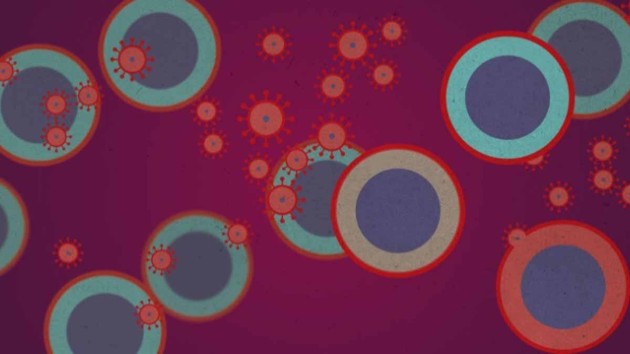 HIV research
HIV research
Human immunodeficiency virus (HIV) – the etiologic agent of AIDS – is one of the most intensively studied disease organism in history. Since its first identification in the early 1980s, HIV has transformed into a pandemic, globally infecting more 36 million people and annually contributing to the deaths of hundreds of thousands of patients – particularly in low income countries.
Image: Chris Ryan -
Focus |
 Infectious diseases
Infectious diseases
Nature Immunology presents a series of five specially commissioned Reviews and Perspectives that discuss the biology of the most important human pathogens today, the characteristics of the immune response and the current strategies to achieve protection through vaccination.
Image: Erin Dewalt -
Collection |
 Genetic and epigenetic insights into autoimmunity
Genetic and epigenetic insights into autoimmunity
Autoimmunity is an underlying cause of many diseases. This collection of Research, Reviews and News articles from several Nature journals covers the latest advances in genetic and epigenetic research into autoimmunity and autoimmune diseases.
Image: Susanne Harris -
Focus |
 Autoimmune disease
Autoimmune disease
A series of five Reviews specially commissioned by Nature Immunology discuss the genetic, environmental, microbial, and cellular factors underpinning autoimmune disease as well as cover promising avenues for therapeutic intervention.
Image: Erin Dewalt -
Collection |
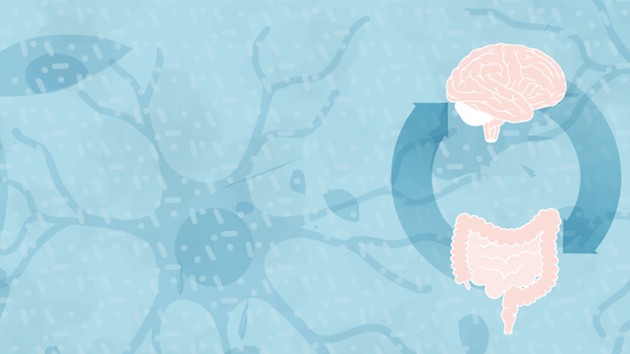 Gut-brain axis
Gut-brain axis
Collection of articles from the Nature Research journals covering advances in understanding the gut-brain axis.
Image: Laura Marshall -
Focus |
 Focus on Inflammation
Focus on Inflammation
Five specially commissioned Reviews and Comments discuss the most recent progress in understanding the tissue-specific characteristics of inflammation, the roles of microbiota and nutrition in driving inflammation, and the mechanistic and genetic bases of inflammation resolution and autoinflammation.
Image: Credit: SCIEPRO -
Milestone |
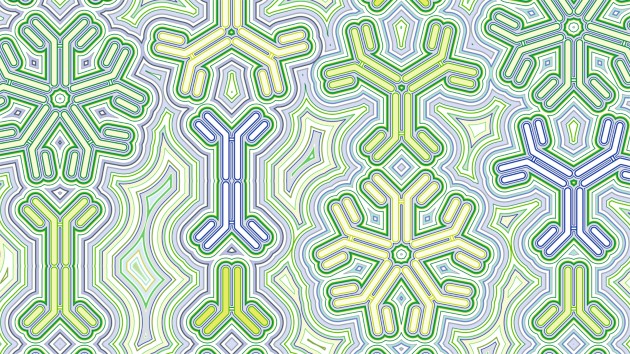 Antibodies
Antibodies
Nature Milestones in Antibodies, presented by Nature Immunology, Nature Reviews Immunology, Nature Structural & Molecular Biology and Nature Communications, highlights some of the most influential developments in the history of antibody research.
-
Focus |
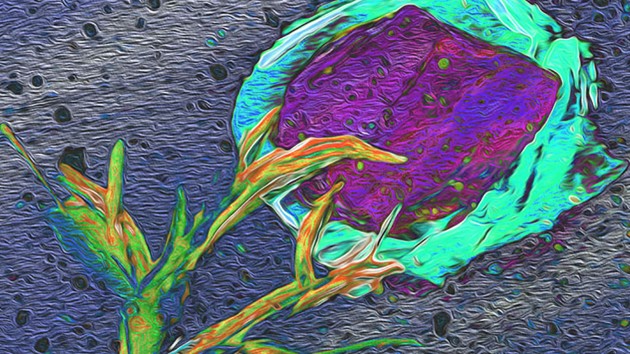 Focus on neuroimmune communication
Focus on neuroimmune communication
The nervous and immune systems communicate and reciprocally influence their functional responses. Nature ImmunologyandNature Neurosciencepresent a joint focus entailing a series of specially commissioned review articles that discuss how the nervous system and immune cells interact during development, homeostasis and in pathogenic disease states.
-
Focus |
 Focus on Macrophages
Focus on Macrophages
Nature Immunology presents a Focus on recent progress in understanding the ontogeny, functional diversity and activation plasticity of macrophages. Four specially commissioned Reviews and one Perspective discuss the newest insight into the origin and development of macrophages and the regulation of their activation during immune responses, as well as the emerging role of macrophages in tissue homeostasis.
Image: Credit: PhotoDisc/ Getty Images \ ©Purestock

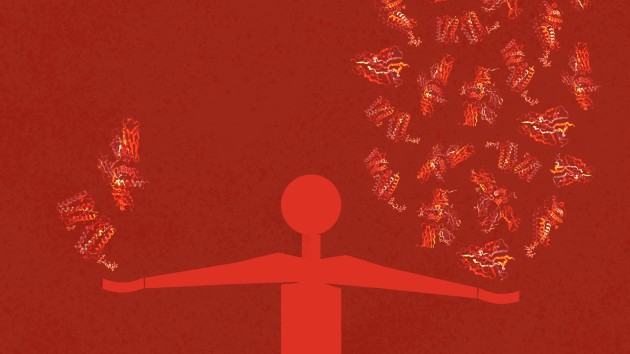 Cytokines
Cytokines